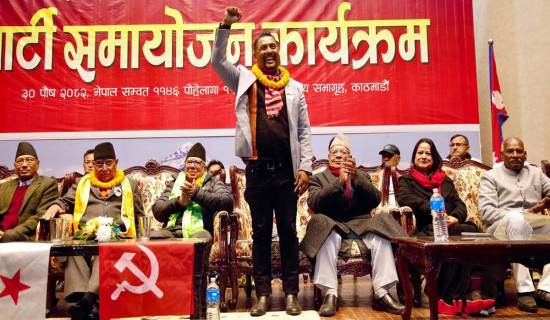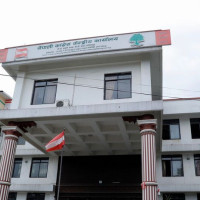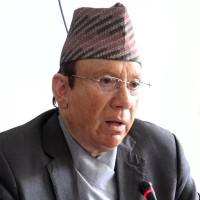- Wednesday, 14 January 2026
Hustle culture can be harmful to health
Kathmandu, June 17:Umesh Pathak cannot remember the last time he went on a holiday. In fact, he does not think he has taken a single day off from work in the last two years.
“I feel anxious,” the 29-year-old banker said. “I get worried that if I do not work hard, I will fall behind.”
This same anxiety also haunts Samsrita Dhakal, 26, who works as a communication and outreach consultant in non-governmental organisations. “Sickness or health, rain or shine, I cannot bring myself to miss work,” she said, adding that she would rather compromise on her personal life than professional engagements.
Eesha Tuladhar also constantly finds herself at the office, even on weekends and off days. At 27, she knows she is at the prime of her life and should be out exploring her interests. But she fears that working less will hinder her progress. All three have unwittingly become a part – or rather victims – of a larger social phenomenon called hustle culture.
As the name implies (hustle meaning a state of great activity), hustle culture is overworking to the point where it becomes a lifestyle, immersing oneself in so much work that there is no time for anything else.
According to ‘hustlers,’ it usually manifests itself as extreme workaholism, the symptoms of which include the taking up multiple jobs or multiple responsibilities within the scope of the same job, an inability, and unwillingness, to maintain a work-life balance to the point where there remains no distinction between the two and an obsession with professional performance.
“Basically, hustle culture means cocooning yourself in work and letting it mould your entire being,” said Aryan Rajput. Rajput, 30, calls himself a former hustler who “was willing to kill and die to advance in his career.” While working as a web designer in New Delhi, India from 2012 to 2018, Rajput said he had no semblance of a social or family life and in 2016, missed the birth of his first daughter to participate in a client presentation.
But as his daughter grew, he realised that he had an obligation to be present in her life and so, quit his job and moved back home to Kathmandu.
While there are no concrete statistics regarding hustle culture, most studies conducted in the United States, especially during the COVID-19 pandemic, show that it is most prevalent among Millennials. And psychologist Kusum Baral agrees.
“Life is more expensive now than it was a generation ago and Millennials have to work two or more jobs to earn enough to sustain themselves,” she said. “But it is important not to overdo it.”
Baral informed that hustle culture could lead to fatigue and burnout and too much work could also make one feel overwhelmed leading to nervous breakdowns and panic attacks. Working too much will also reduce one’s productivity, affecting the very performance that hustlers try frantically to maintain. The lack of personal time can also cause depression, she said.
“Hustle culture is a self-defeating concept. We work double and end up giving half while also harming ourselves in the process,” she said. “Let us remember, all work and no play makes Johnny a dull boy.”













